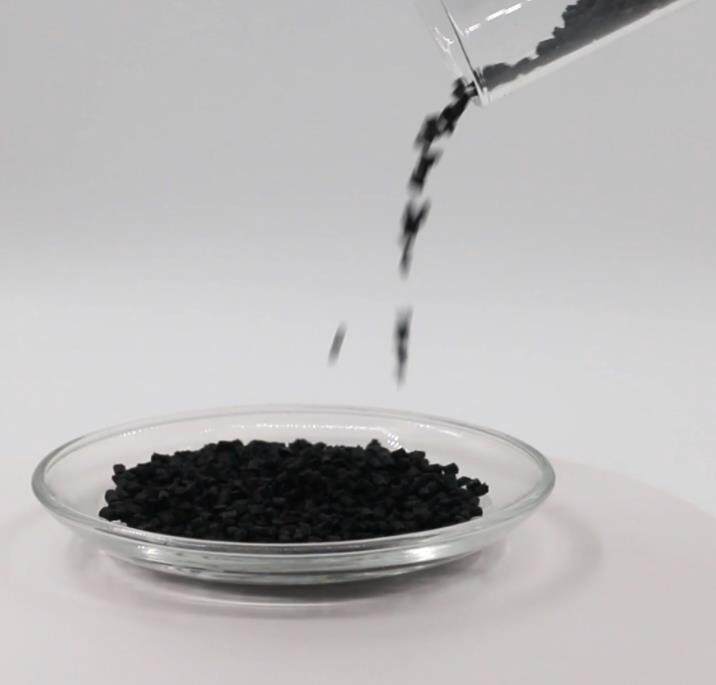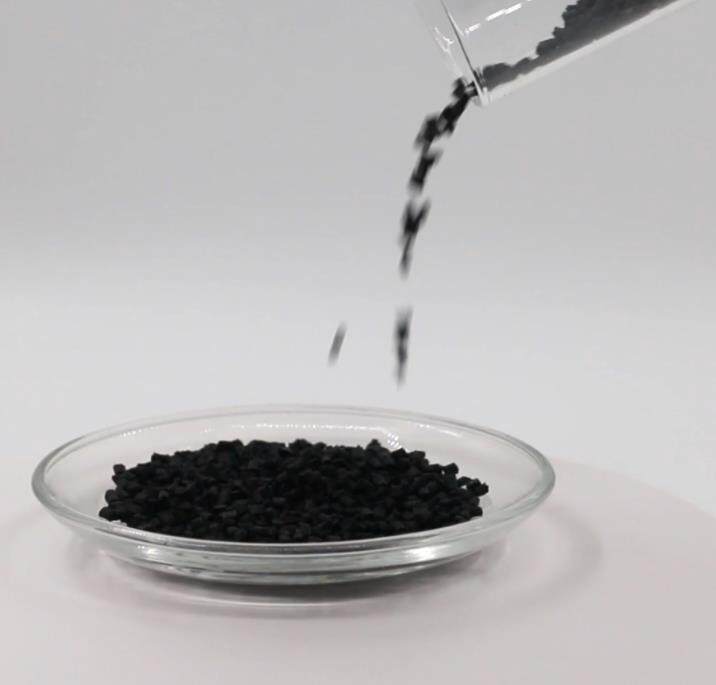Email format error
Email cannot be empty
Email already exists
6-20 characters(letters plus numbers only)
The password is inconsistent
Email format error
Email cannot be empty
Email does not exist
6-20 characters(letters plus numbers only)
The password is inconsistent

Offer Technical Support and Customized Solutions
The company is committed to creating new and improved plastic materials to meet the evolving demands of the market.

Unraveling the Versatility of Nylon 6 Solutions
In the realm of materials science, few substances boast the ubiquity and versatility of nylon 6. This resilient polymer has woven itself into the fabric of modern life, quite literally and figuratively. From clothing to automotive parts, nylon 6 solutions have become indispensable across diverse industries, owing to their remarkable properties and adaptability.
Understanding Nylon 6:
Nylon 6, also known as polyamide 6, represents a class of synthetic polymers characterized by their exceptional strength, elasticity, and chemical resistance. First synthesized in the late 1930s by Wallace Carothers at DuPont, nylon revolutionized numerous industries upon its commercialization.
One of the defining features of nylon 6 is its remarkable tensile strength, which surpasses that of many natural fibers. This property makes it an ideal candidate for applications demanding durability, such as in the manufacturing of ropes, cords, and fishing nets. Furthermore, nylon 6's innate elasticity makes it an excellent choice for textiles, ensuring garments maintain their shape and integrity over extended use.
Diverse Applications:
The versatility of nylon 6 extends far beyond the realm of textiles. In recent decades, engineers and designers have leveraged its unique properties to innovate solutions across a myriad of sectors.

Automotive Advancements:
In the automotive industry, where performance and reliability are paramount, nylon 6 has emerged as a preferred material for various components. From engine covers to interior trim pieces, its lightweight yet sturdy nature contributes to fuel efficiency without compromising safety or structural integrity. Moreover, its resistance to heat and chemicals makes it an ideal candidate for under-the-hood applications, where exposure to harsh conditions is inevitable.
Environmental Implications:
In an era increasingly focused on sustainability, nylon 6's recyclability has garnered attention. Unlike some other plastics, nylon 6 can be reprocessed and reused, mitigating environmental impact and reducing reliance on finite resources. This characteristic has prompted the development of eco-friendly alternatives and spurred innovation in recycling technologies, paving the way for a more sustainable future.
Innovative Solutions:
Beyond conventional applications, nylon 6 continues to inspire innovation and creativity. Researchers and entrepreneurs alike are exploring novel uses for this versatile polymer, from 3D printing filaments to biomedical implants. Its biocompatibility, combined with its mechanical properties, renders it suitable for a range of medical devices and prosthetics, promising advancements in healthcare technology.
Conclusion:
In the ever-evolving landscape of materials science, nylon 6 stands as a testament to human ingenuity and innovation. Its myriad applications, from textiles to automotive engineering, underscore its versatility and indispensability across diverse industries. As we continue to push the boundaries of what is possible, one thing remains certain: nylon 6 solutions will continue to play a pivotal role in shaping the world around us. Whether in everyday consumer products or cutting-edge technologies, the enduring legacy of nylon 6 is woven into the fabric of our modern existence.

